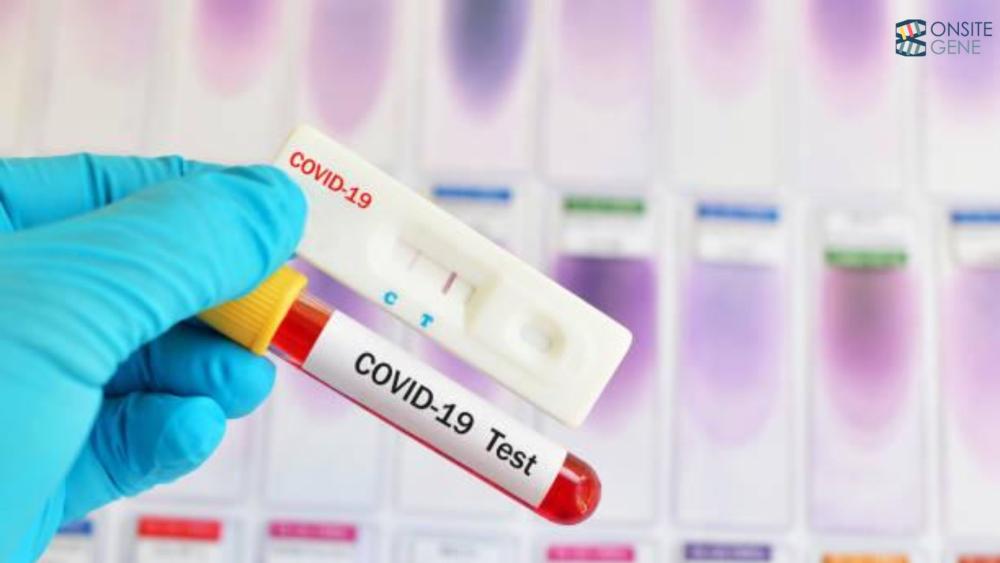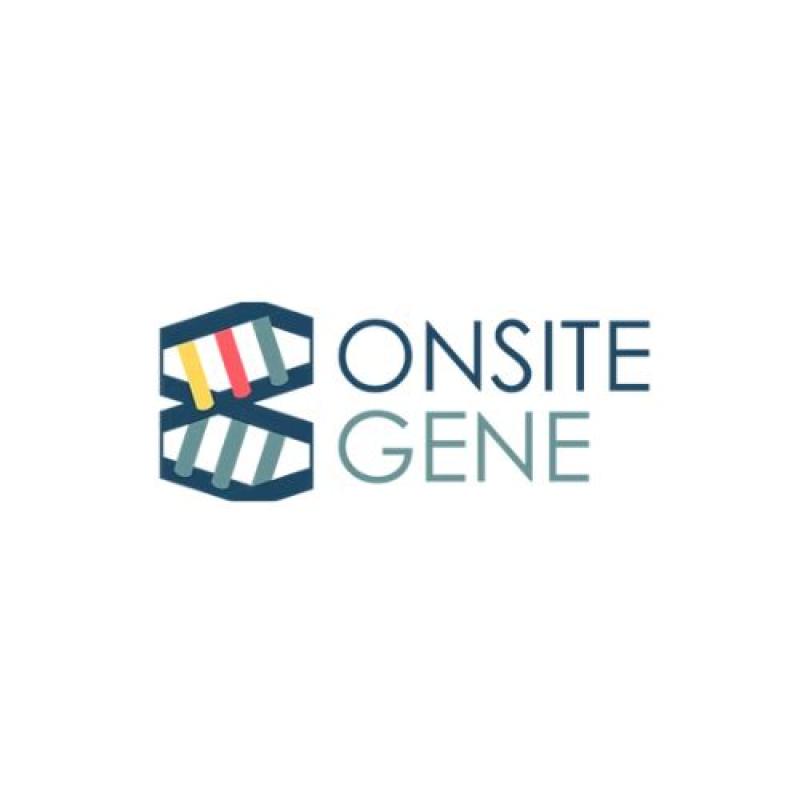
Why Are Molecular Diagnostics PCR Tests Essential for Early Disease Detection?

Imagine if doctors could find a disease before it even makes you feel sick. This is possible today thanks to molecular diagnostics PCR tests. These tests allow doctors to discover infections, genetic problems, or other medical conditions very early. Finding diseases early can make treatment easier, faster, and more effective. It can also help prevent serious health problems later on.
What is a PCR Test?
PCR stands for Polymerase Chain Reaction. It is a method that makes many copies of tiny amounts of DNA or RNA. DNA and RNA are molecules that carry the instructions for living things. By making many copies, doctors can find even very small amounts of viruses, bacteria, or genetic changes.
Molecular diagnostics PCR tests are very sensitive. This means they can detect a disease even if there are only a few pieces of DNA or RNA in a sample. Early detection is important because some diseases do not show symptoms right away.
In the past, PCR tests needed large machines in special labs. Today, technology has made it possible to use a portable PCR machine. These small, easy-to-use machines can perform tests in clinics, at schools, or even in remote areas. This makes testing faster and more accessible for everyone.
Why Early Detection is Important?
Finding a disease early can save lives. If doctors detect an infection quickly, patients can get medicine right away. This can stop the disease from getting worse and reduce the chance of spreading it to other people. Early detection is also useful for genetic problems and chronic diseases. If doctors know about these issues early, they can suggest treatments, lifestyle changes, or regular monitoring to help patients stay healthy.
A portable PCR machine helps in situations like disease outbreaks. Doctors and health workers can test people on-site. This reduces the time between testing and getting results. Quick results mean faster treatment and better control of diseases.
How PCR Testing is Used?
PCR tests are used in many areas of medicine:
- Infections: Detecting viruses like flu, HIV, or COVID-19
- Genetic Conditions: Finding inherited problems or mutations
- Cancer: Detecting cancer-related DNA changes early
- Safety Testing: Checking food and water for harmful bacteria
With PCR technology, doctors can find health problems before they become severe. Portable machines make it easier to test people who cannot travel to large hospitals.
FAQs About PCR Tests
1. How do PCR tests find diseases early?
PCR copies tiny amounts of DNA or RNA, so even small traces of a virus, bacteria, or genetic change can be detected before symptoms appear.
2. What is the difference between a normal PCR machine and a portable PCR machine?
Normal machines are large and need special labs. A portable PCR machine is small, fast, and can be used in clinics or other locations outside a lab.
3. Are PCR tests accurate?
Yes. Molecular diagnostics PCR tests are very reliable because they can detect even very small amounts of DNA or RNA.
4. Can PCR tests find all diseases?
PCR is most useful for infections with DNA or RNA and for known genetic problems. It may not detect every type of disease.
5. How fast are PCR test results?
Lab PCR tests may take a few hours to a day. Portable PCR machines can often give results in under an hour, allowing faster treatment.
Ending Statement
Molecular diagnostics PCR tests are powerful tools for keeping people healthy. They help doctors detect infections and genetic problems before symptoms appear. The development of portable PCR machines has made testing faster and available in more places. By finding diseases early, doctors can treat them sooner, prevent complications, and improve health outcomes. PCR testing is changing the way healthcare works and helping people stay healthier for longer.
